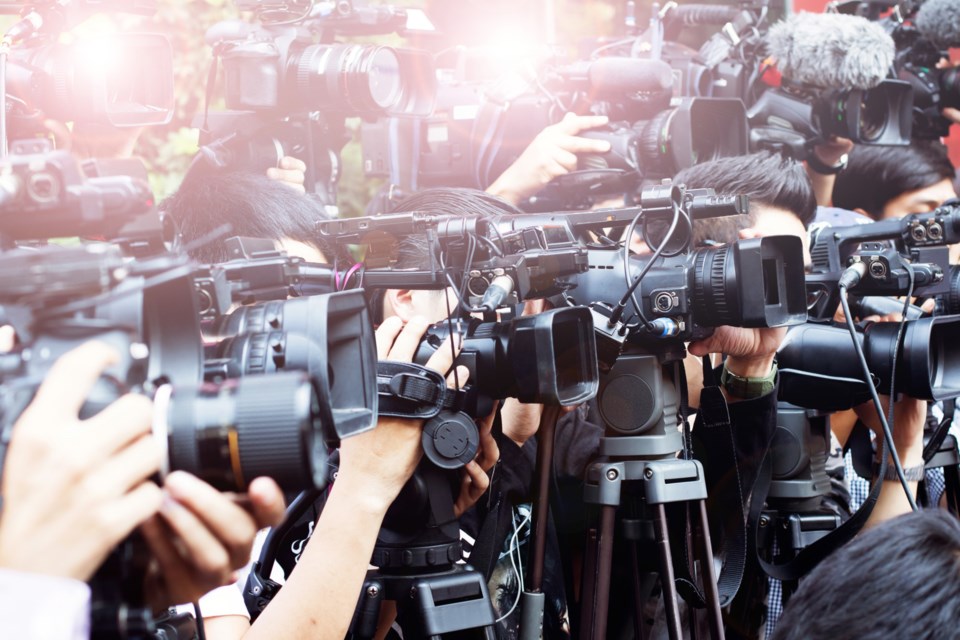Before I became a full-time journalist, I was doing the freelance thing in town for a few years.
That meant mainly covering local sports and any assignments no one else could get to. I also went to many protests, marches and memorials that would take place on the weekends.
I didn’t mind. I enjoyed covering anything I could and liked learning about the people in the community and their causes.
Like most people, I enjoy learning new things. I just didn’t think these assignments would change me so much.
Before many protests/marches/memorials/days of action, I would often had heard you had to feel uncomfortable before change could happen.
Pfft. Why should I feel uncomfortable? It was the stupidest thing to say and I heard it every time.
It wasn’t until I became uncomfortable that I did understand.
I’m not afraid to walk anywhere. I grew up in the GTA and in areas with a much larger crime rate than Barrie's. When I heard people complain about being afraid to walk the streets, I probably rolled my eyes.
At a Take Back the Night march, I listened to many women speak of their experiences with guys hovering them at bars, following them afterwards, making rude comments, and sometimes stopping them from continuing down the street. The emotion and fear on the women’s faces made me realize that, of course, I don’t have a problem walking downtown, but others do.
As a dad to four daughters, I’ve many times had to shield my face while listening and hope I don’t get caught with watery eyes.
A topic that I was never exposed to before moving to Barrie was Indigenous issues, particularly residential schools and the large number of missing and murdered Indigenous women and girls. Attending Indigenous-led rallies and memorials has likely been the main catalyst in the way I view and think about the term “white privilege.”
I hated that term. It felt like I was personally being attacked, like I was personally being blamed for things I felt I had no control over.
I was uncomfortable.
As a white, heterosexual male, I continued being uncomfortable at marches for racial equality, gender rights, sexual assault, and anti-colonialization.
It wasn’t until I realized after several events that no one was actually staring at me. Although I felt I was being singled out, I wasn’t.
While I was there to work, I was learning so much. The groups holding the events didn’t hate me, or other white, heterosexual males. They simply needed us to help undo decades of inequality that we, as people who have historically held power, have put into place.
I always feel the need to say “I’m no tree-hugging hippy” when I say that change is needed. But yeah, change is needed.
There is systemic racial/sexual oppression woven into society, and that obviously needs to be a thing of the past. Again, I learned that from being uncomfortable at events I was asked to cover as a reporter.
Most people think that as journalists, we’re the final word on what is happening. Not the case. We’re reporting on what we have learned from an event or moment, and sometimes it's on something we aren’t an encyclopedia on.
We’re all learning about a changing world together and the only way to do it is without allegiance to your political party making your decisions for you. The “far right” and “far left” are becoming the most detrimental aspects of the healing conversation. I’ve learned that meeting in the middle, listening and discussing, is the only way to make change happen.
While I look forward to the COVID-19 restrictions being lifted so I can be learning from a crowd of passionate people looking for change, I also look forward to not having to cover these events anymore because change has happened.
Shawn Gibson is a reporter with BarrieToday.



